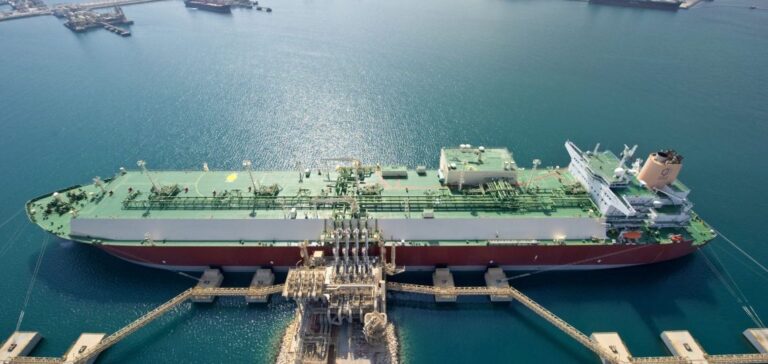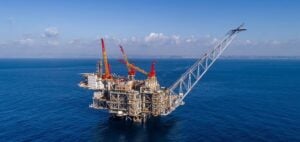Qatar has begun supplying natural gas to Syria via Jordan, according to Qatar’s official news agency (QNA). This move aims to address the severe electricity production shortage in Syria and to improve the country’s infrastructure.
The new Syrian authorities, in place since the fall of Bashar al-Assad last December, are working to revive the economy and rebuild infrastructure after thirteen years of civil war that caused over 500,000 deaths. The conflict notably destroyed power plants and pipelines, leading to power outages that can last for more than twenty hours per day.
Increasing electricity capacity
The gas provided by Qatar is expected to initially generate up to 400 megawatts of electricity per day at the Deir Ali power plant located in southern Syria. The production capacity is set to increase gradually, according to the Qatari Fund for Development. The electricity generated will be distributed to several regions, including Damascus, Sweida, Daraa, Quneitra, Homs, Hama, Tartus, Latakia, Aleppo, and Deir Ezzor.
Qatar’s commitment to Syrian reconstruction
This initiative reflects Qatar’s commitment to supporting the rehabilitation of Syrian infrastructure. In January, Qatar’s Emir, Tamim bin Hamad Al-Thani, became the first head of state to visit Damascus after Bashar al-Assad’s fall, promising to support the country’s reconstruction. Qatar, which had not restored ties with Syria under the previous regime, was one of the first countries to support the rebels during the 2011 uprising.





















